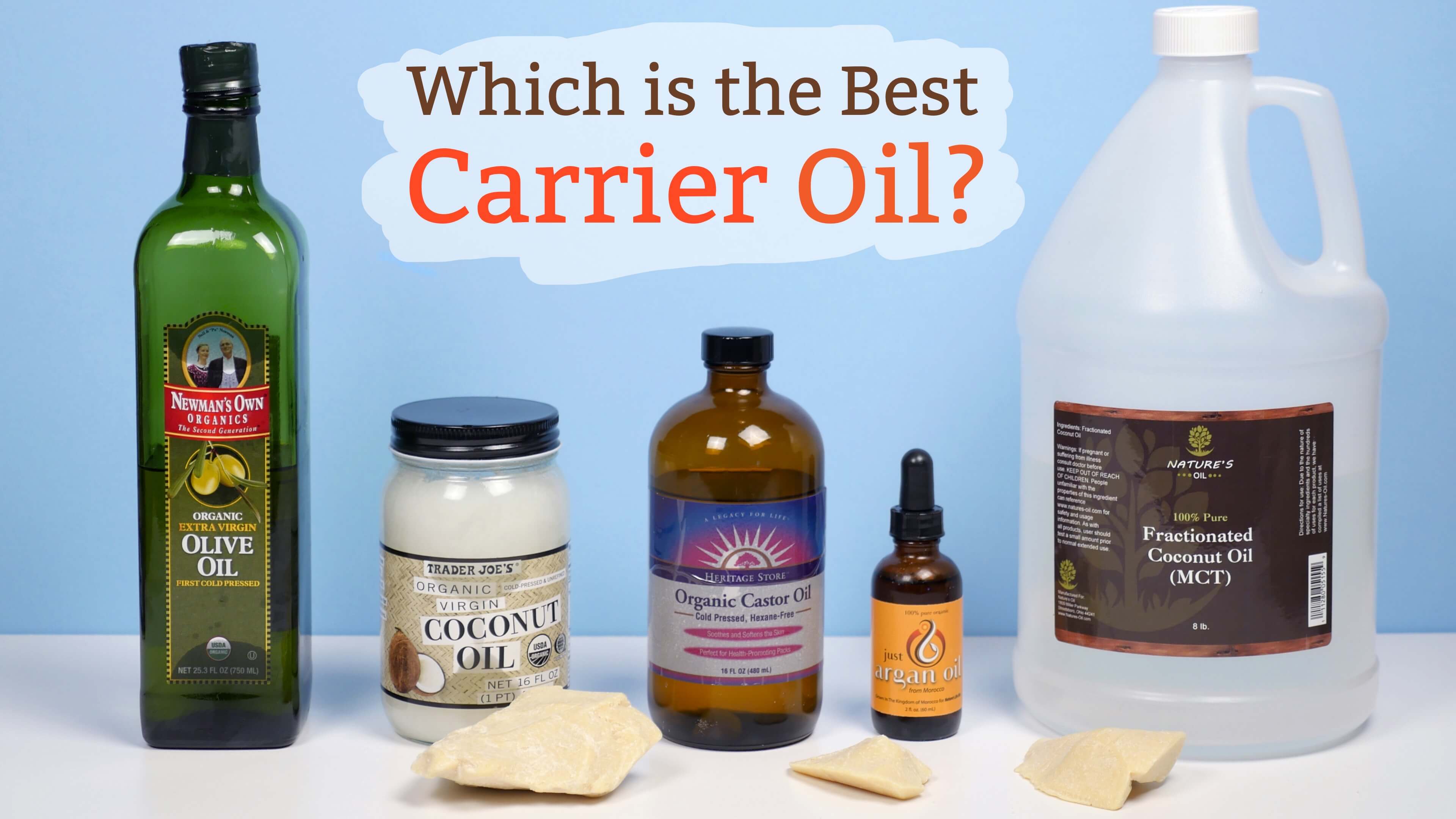The use of indispensable oils for therapeutic, spiritual, hygienic and ritualistic purposes goes urge on to ancient civilizations including the Chinese, Indians, Egyptians, Greeks, and Romans who used them in cosmetics, perfumes and drugs. Oils were used for aesthetic pleasure and in the beauty industry. They were a luxury item and a means of payment. It was believed the indispensable oils increased the shelf liveliness of wine and bigger the taste of food.
Oils are described by Dioscorides, along subsequent to beliefs of the become old regarding their healing properties, in his De Materia Medica, written in the first century. Distilled valuable oils have been employed as medicines in the past the eleventh century, behind Avicenna by yourself vital oils using steam distillation.
In the period of highly developed medicine, the naming of this treatment first appeared in print in 1937 in a French cassette upon the subject: Aromathrapie: Les Huiles Essentielles, Hormones Vgtales by Ren-Maurice Gattefoss [fr], a chemist. An English tally was published in 1993. In 1910, Gattefoss burned a hand enormously horribly and unconventional claimed he treated it effectively following lavender oil.
A French surgeon, Jean Valnet [fr], pioneered the medicinal uses of vital oils, which he used as antiseptics in the treatment of mistreated soldiers during World fighting II.
Aromatherapy is based on the usage of aromatic materials, including vital oils, and other aroma compounds, with claims for improving psychological or monster well-being. It is offered as a different therapy or as a form of swap medicine, the first meaning closely okay treatments, the second instead of conventional, evidence-based treatments.
Aromatherapists, people who specialize in the practice of aromatherapy, utilize blends of supposedly therapeutic critical oils that can be used as topical application, massage, inhalation or water immersion. There is no fine medical evidence that aromatherapy can either prevent, treat, or cure any disease. Placebo-controlled trials are difficult to design, as the narrowing of aromatherapy is the smell of the products. There is disputed evidence that it may be full of zip in combating postoperative nausea and vomiting.
Aromatherapy products, and necessary oils, in particular, may be regulated differently depending upon their intended use. A product that is marketed past a therapeutic use is regulated by the Food & Drug Administration (FDA); a product similar to a cosmetic use is not (unless suggestion shows that it is unsafe as soon as consumers use it according to directions on the label, or in the conventional or expected way, or if it is not labeled properly.) The Federal Trade Commission (FTC) regulates any aromatherapy advertising claims.
There are no standards for determining the air of valuable oils in the joined States; while the term therapeutic grade is in use, it does not have a regulatory meaning.
Analysis using gas chromatography and enlargement spectrometry has been used to identify bioactive compounds in vital oils. These techniques are adept to undertaking the levels of components to a few parts per billion. This does not create it viable to determine whether each component is natural or whether a poor oil has been "improved" by the addition of synthetic aromachemicals, but the latter is often signaled by the pubescent impurities present. For example, linalool made in natural world will be accompanied by a little amount of hydro-linalool, whilst synthetic linalool has traces of dihydro-linalool.
Which is the Best Carrier Oil?
How-to Make Homemade Essential Oil Insect Repellent Spray Tasty Yummies Natural Health
20 Oils Under $20 Young Living Essential Oils - Amy Lorraine Lifestyle + Wellness Blog




No comments:
Post a Comment